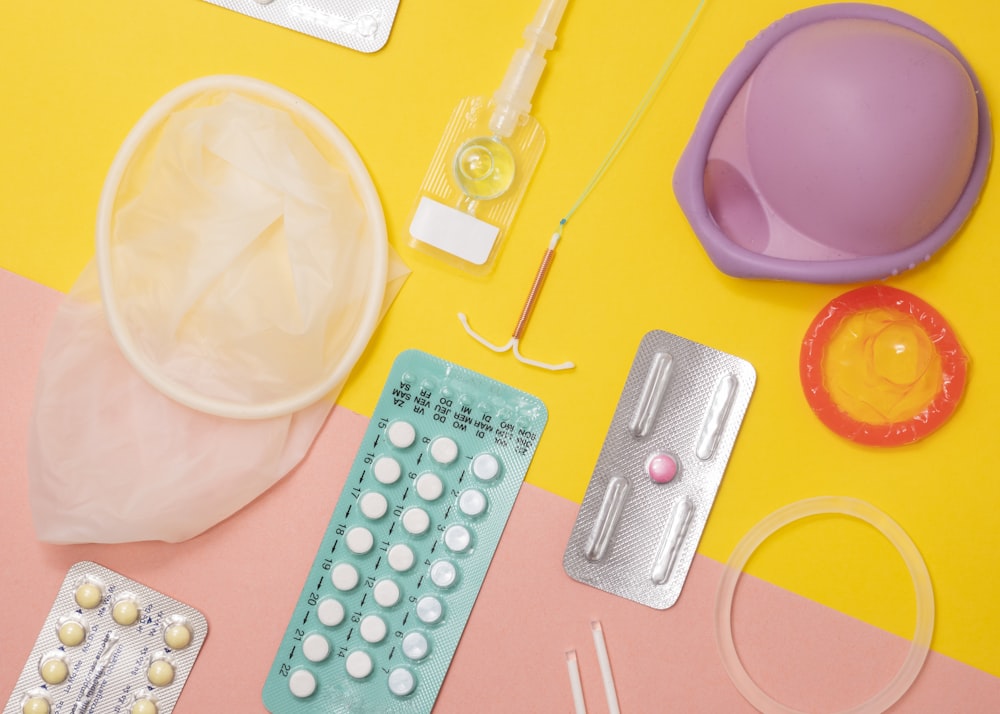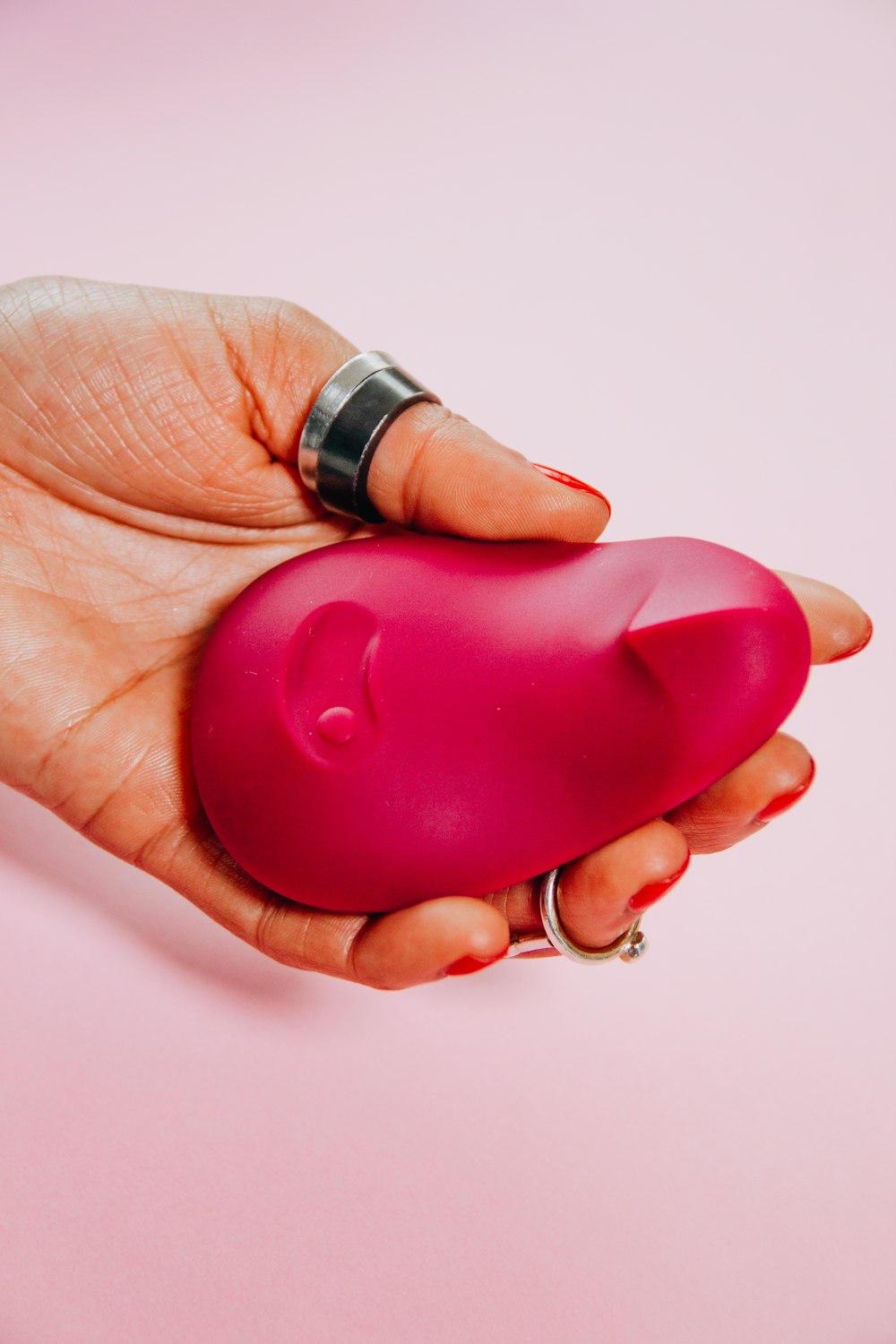
In the year 2020, with climate change being such an important issue for the world, people are looking to be more eco-friendly in their everyday lives. People are prioritising reducing single use plastic and producing less waste and this even applies to one’s sex life.
Upwards of 5 billion condoms are being purchased every year, so that’s a lot of waste being added to landfill. With that in mind, it might be time to make some more eco-conscious and ethical decisions when thinking about sex. For the time being, there is no way to have zero waste safe sex.
However, there are ways you can lower your impact on the environment when having sex and adopt more cruelty-free, ethically made, and fair-trade products into your repertoire.
When trying to reduce your carbon footprint in your sex life, you need to make sure that your purchases are body safe and are still adequately protecting you. You don’t have to adopt all these tips into your life, but it can be good to do small things (even if it is just one of these) to reduce your impact on the planet.

Condoms and dental dams are a must. The priority is protecting yourself from STIs first and foremost. Condoms are also a hormonal free birth control option and are the most widely accessible form of protection.
There is no way of having safe sex without using a condom or a dental dam. This means that we need to think about the barrier methods that we are using and how we dispose of them. Most importantly, never flush them down a toilet. Throw them in the bin/trash. And not a recycling or compost bin.
Lambskin condoms are technically the only condom that are biodegradable; however, they still get a no from me. They do not protect against STIs and are not vegan or vegetarian friendly as they are made from the intestinal membrane of a lamb.
While they prevent pregnancy and are marketed as “natural” condoms because they use natural ingredients, they don’t really seem to be better for you or the planet.
Condoms that are made from polyurethane, polyisoprene or nitrile are plastic or synthetic compounds that are not biodegradable. Latex condoms are not composed of 100% natural latex so therefore are not recyclable and biodegradable.
They will eventually biodegrade that can take hundreds or thousands of years. Condoms have to be wrapped in foil which is not biodegradable.
This means you should think about the packaging that your condoms come in, such whether boxes can be recycled or look into companies that are making more eco-conscious decisions when it comes to manufacturing condoms.

I present to you: vegan condoms. Other latex condoms use animal products or bi-products, and therefore vegan condoms steer away from using anything from an animal.
There are brands like Jonny, which is an Australian brand that uses natural latex to make their condoms which break down over time. The US company Sustain is also doing great things such as creating vegan condoms as well as personal lubricant and massage oil.
They are committed to sustainability and transparency in what is in their products and how they source their materials. The brand Unique make latex-free vegan condoms.
You can cut condoms to use as dental dams or use Glyde’s vegan dental dams, which are made of natural rubber latex. Their website details which of their products are vegan friendly and how their condoms are not tested on animals.
There are multiple different contraception options that are long lasting and can therefore be better for the environment. These options can be used in addition to condoms or if you are with a partner whose STI status you know and if is safe to no longer use condoms.
The most environmentally friendly (they still use plastic) are the Long Acting Reversible Contraception (LARC). This includes the contraceptive implant (implanon/Nexplanon) which last for 3 years, an intrauterine device (IUD) which can last for 5 to 10 years and the contraceptive injection (DMPA) which one would get every 12 weeks. The ones that last you years can be more cost effective than the pill and produce less waste than those pill packets or the NuvaRing do.
This one is self-explanatory. Best to avoid shower sex. Just think about all the water being used in that time.
The most organic types of lubes on the market are things like coconut oil or 100% pure aloe vera. I am being specific here, only pure aloe vera is safe as a lube.
There are quite a few organic, cruelty-free lubricants on the market from places like Babeland or Sliquid.
Whatever option you go for, look for packaging that is recyclable, and for products that can be multipurpose. Use something as lube, but also as massage oil, that way you are purchasing only one product for more than one reason.

The most sustainable sex toy is one you don’t need to purchase - your hands. However, sometimes you can’t or don’t want to use your hands, so you look for something else to help you get off.
I don’t want this to be an encouragement to use common household items or foods as sex toys, as some could be hazardous. This could be due to size, the uneven surface or chemicals on them. If you are going to use them, wash them and put a condom over them for your protection.
For your existing toys, recycle them where possible, this includes batteries. Some companies offer to recycle sex toys such as Lovehoney and Come As You Are.
When making your next sex toy purchase, make some more environmentally conscious decisions before you hand over your money. Look into more eco-friendly toys such as biodegradable vibrators, wooden or glass dildos, recycled rubber whips, or toys that are rechargeable.
There are some that are even solar powered. The important thing to remember is to focus on quality, not the price. Invest in toys that will last you longer, so you don’t need to keep purchasing new ones.
Buy from companies that use more environmentally conscious materials or have recycling programs.
Remember Reduce, Reuse, Recycle.
Try to cut down on lingerie purchases – fast fashion is a large producer of pollution and waste.
Invest in sustainable and ethical underwear and lingerie brands such as Eco Intimates, AmaElla, Pact, Boody, CUUP, Reformation, or Azura Bay.
These brands also prioritise being size inclusive so that means eco-friendly lingerie is accessible to everyone.
Aftercare after sex care is not something is often discussed but it is important for your body and for sustainability. For cleaning up post-sex, use a washcloth or towel, not wipes.
If you have a vagina, you don’t need feminine hygiene wipes or washes as your vagina cleans itself. I know that some women really do like using these products, but they really aren’t necessary.
For the sake of your vaginal health and the environment, skip using the wipes and instead use water.
Making more eco-conscious decisions when it comes to your sex life is a process. Remember as a consumer, you have the power to support better products. Look for companies that are committed to fair-trade, ethical workplace practice and wages, offsetting production waste, using recycled materials, having recyclable or recycled packaging, or creating eco-friendly products in an eco-friendly way.
As industries get better and create eco-friendly options, there will be more options to choose from and the transition will become easier. In the meantime, think about the choices you make, do some research, and look for companies that are committed to being kinder to the environment.
Photo by Markus Spiske on Unsplash